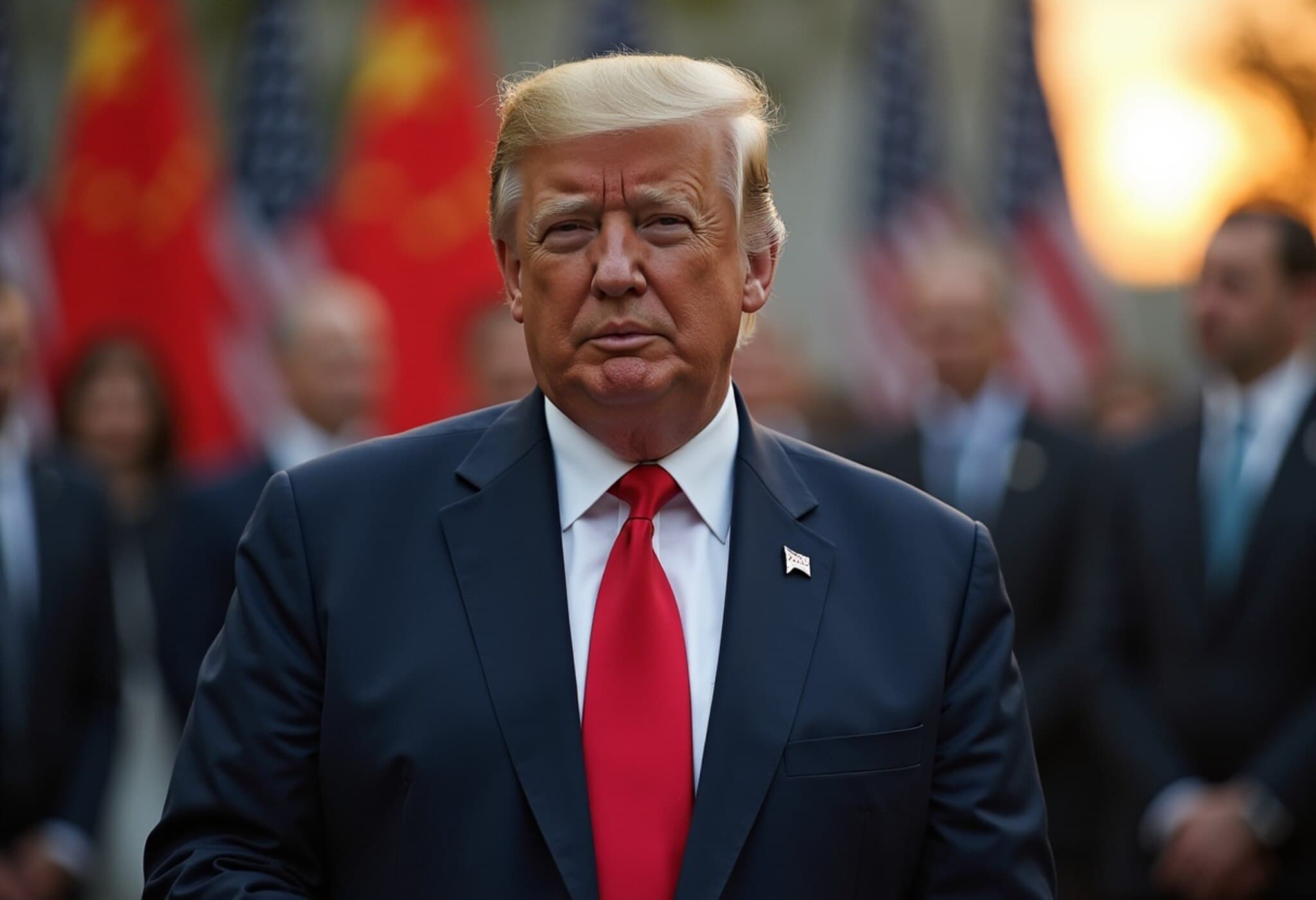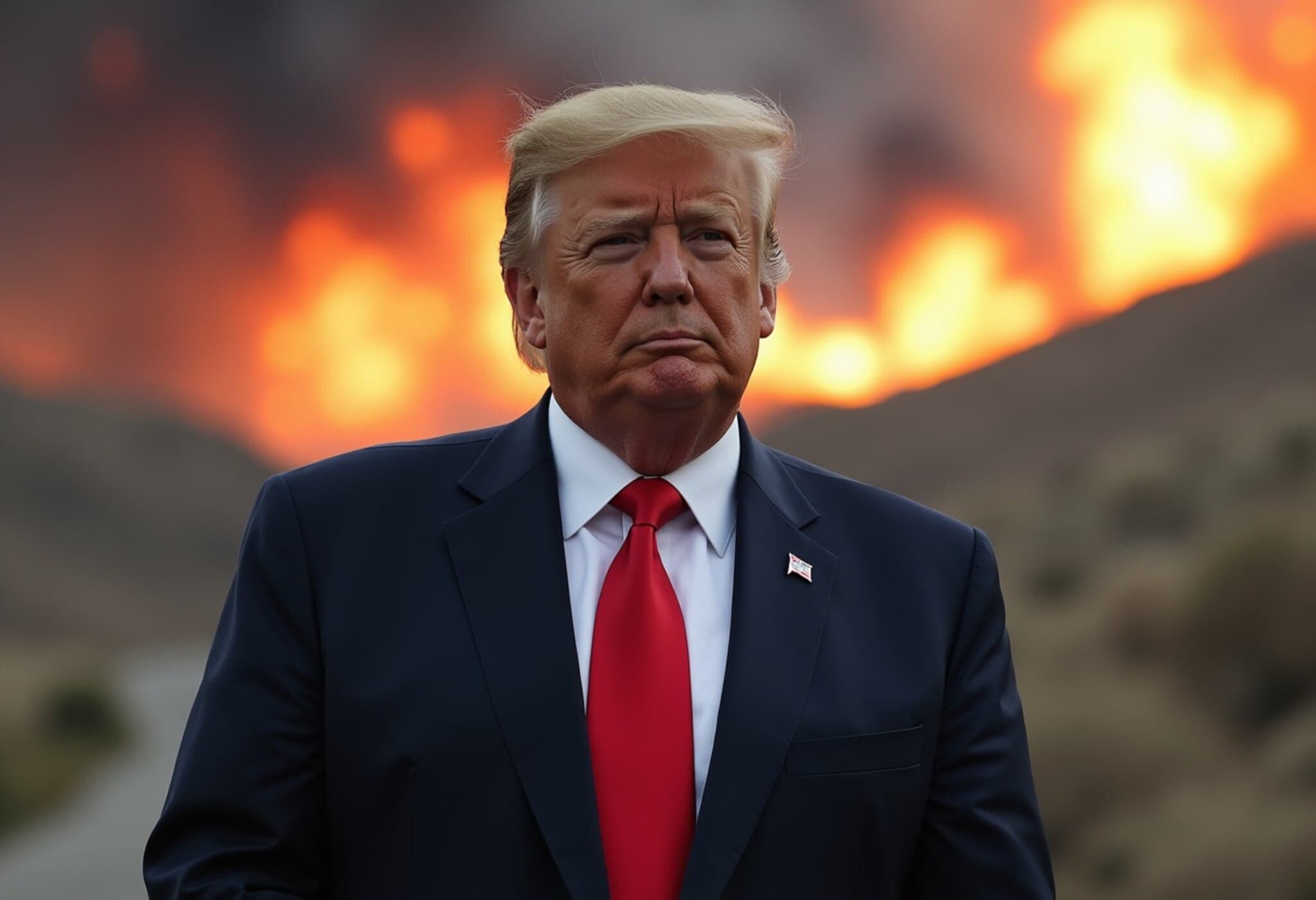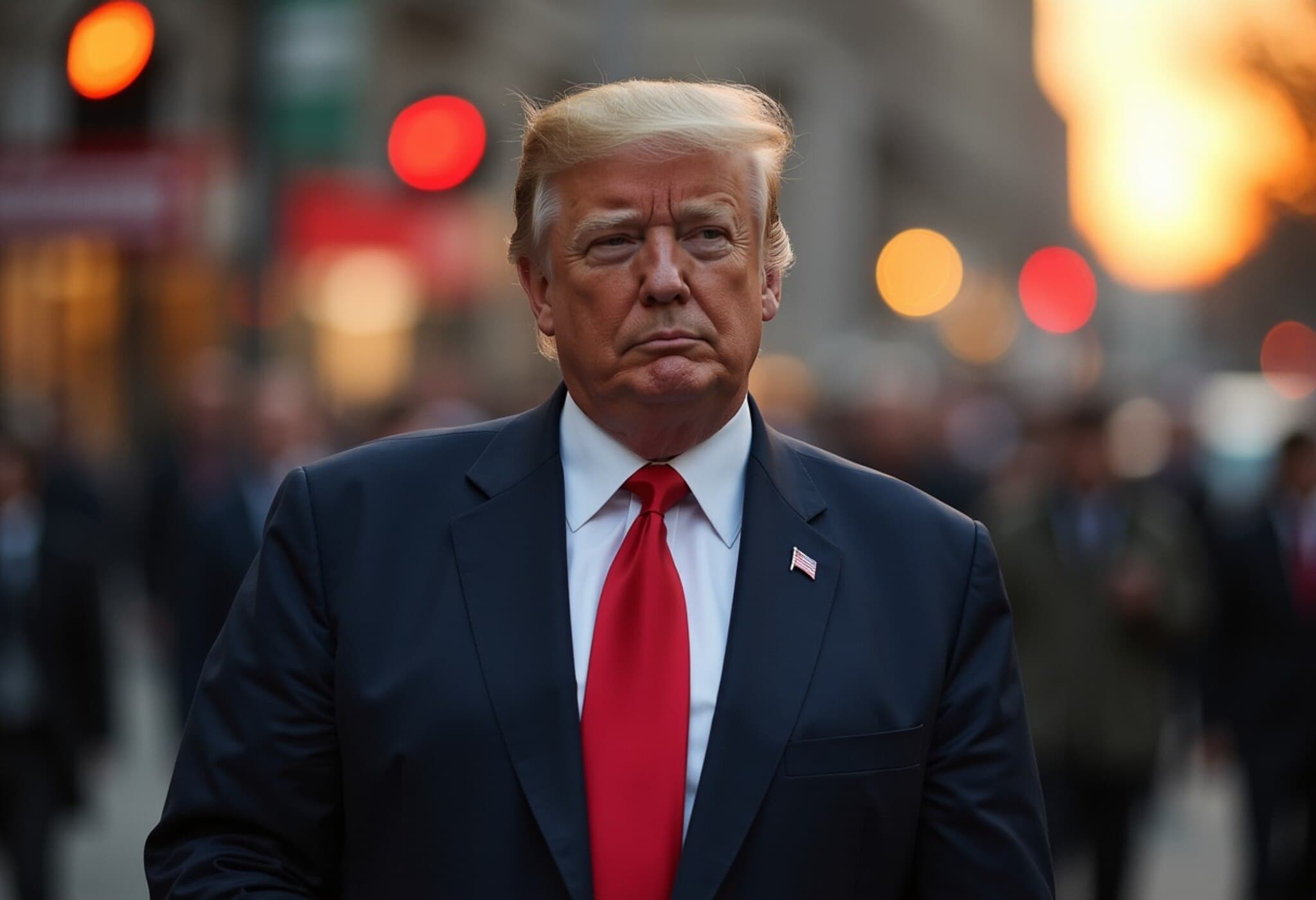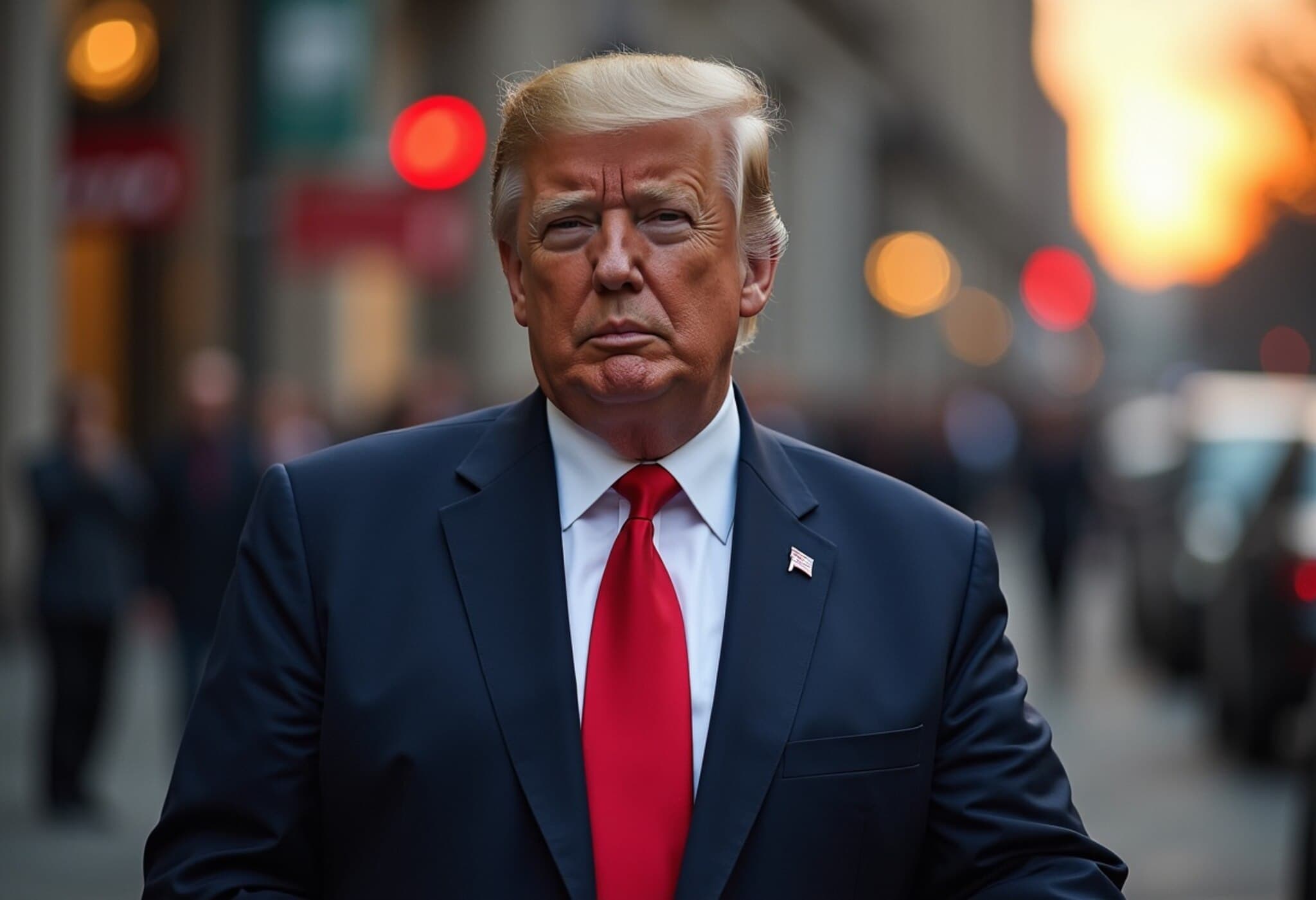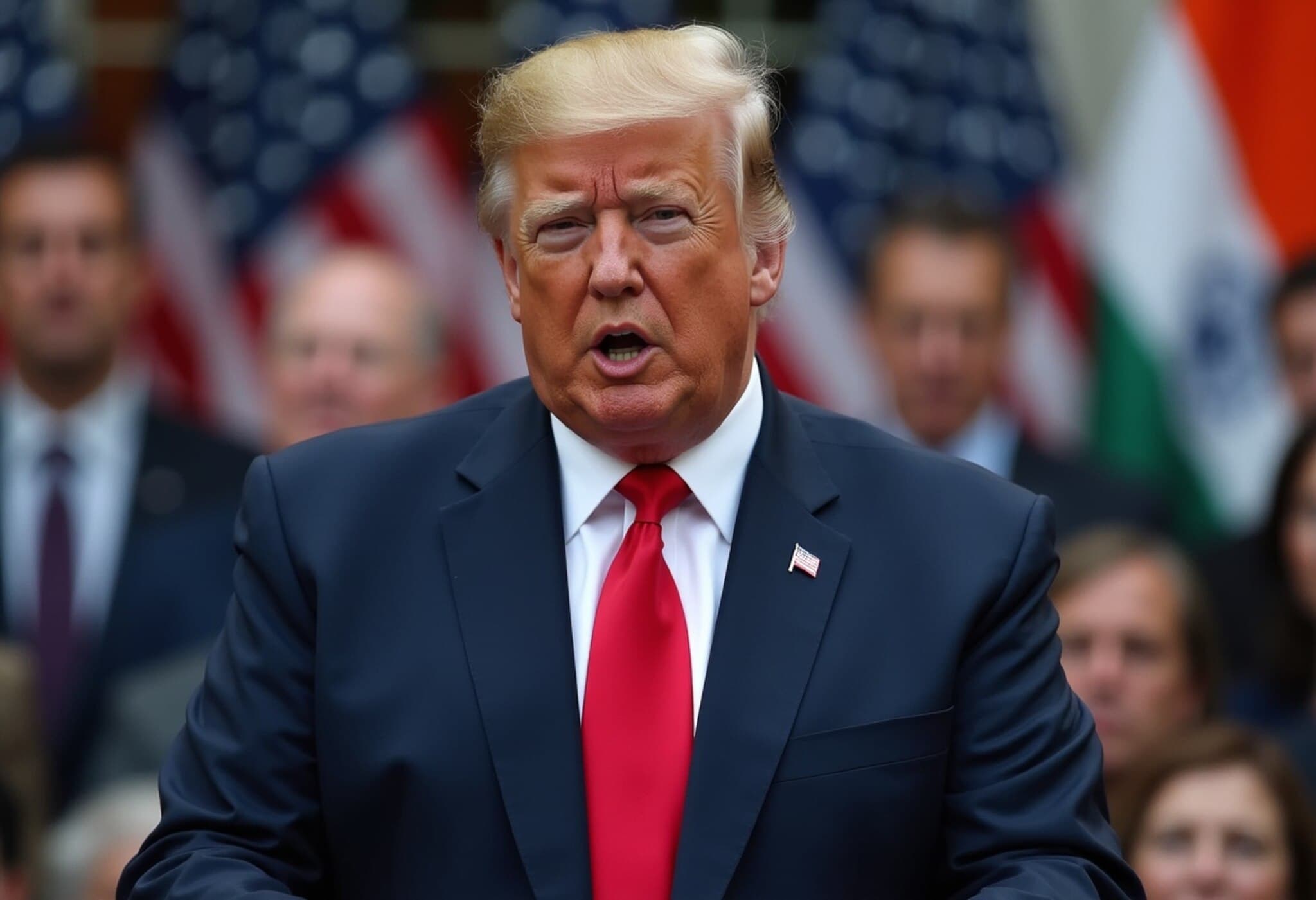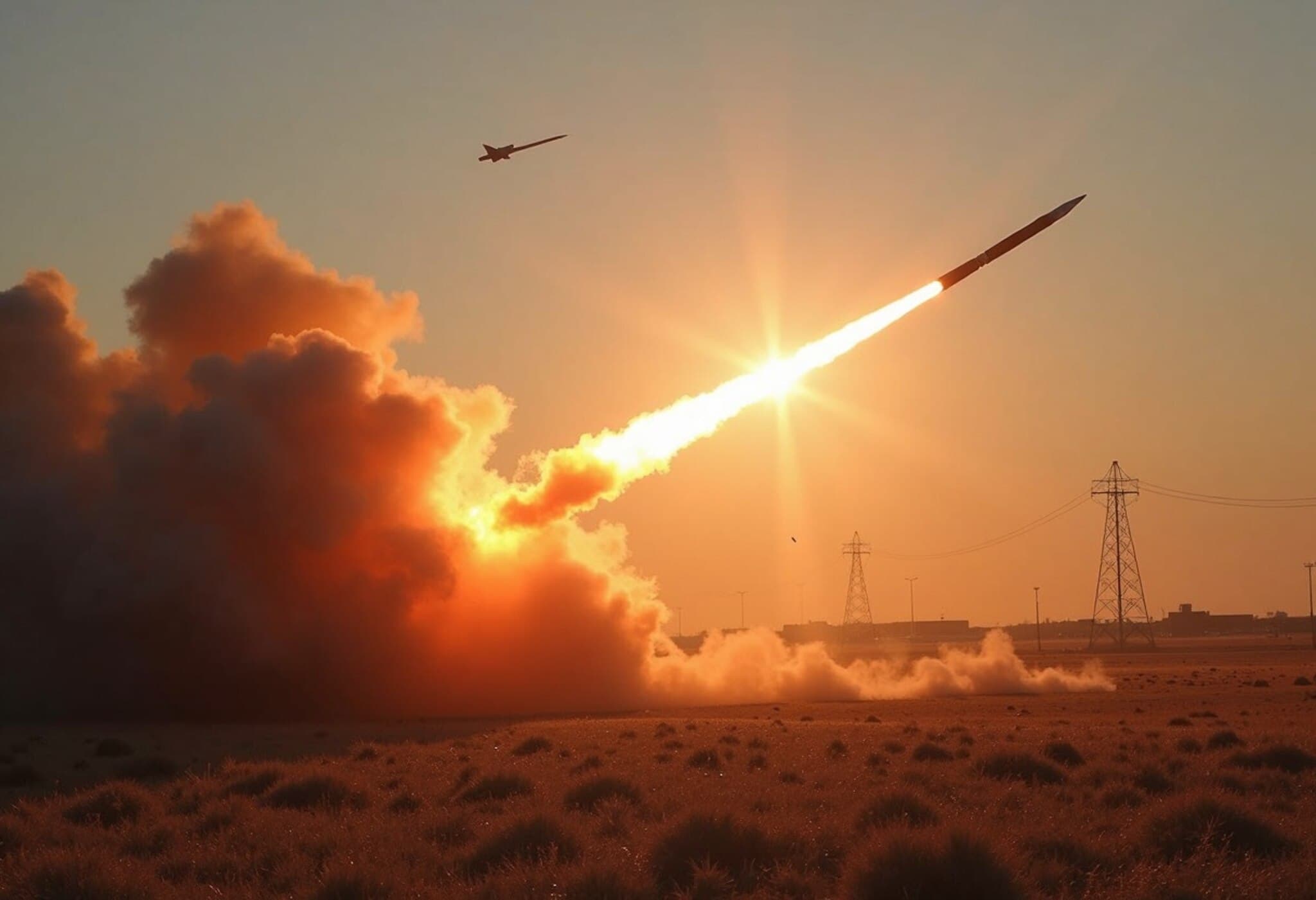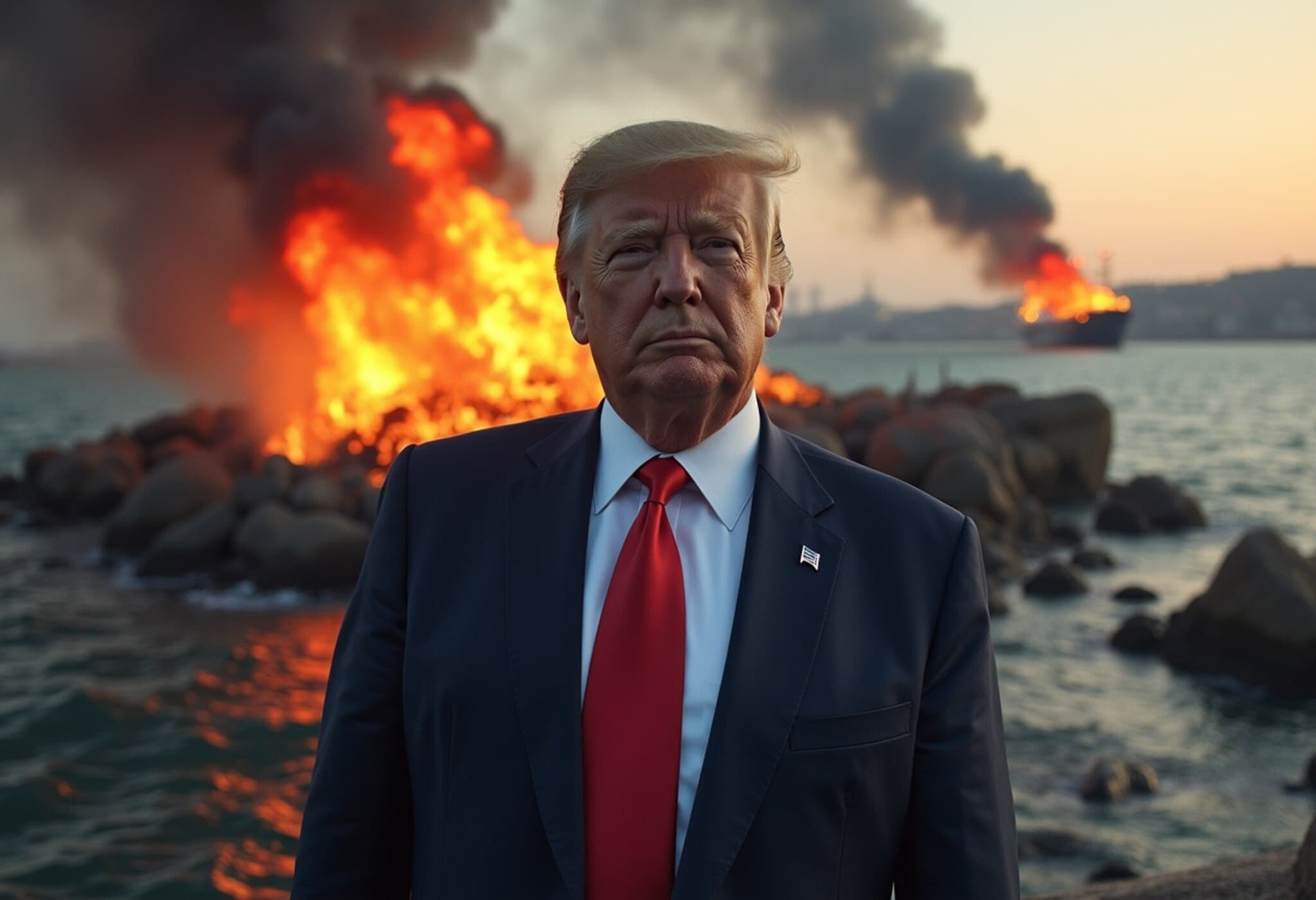Trump Opens Door for China to Continue Importing Iranian Oil
In a striking move, former President Donald Trump declared that China would be permitted to keep purchasing oil from Iran, signaling a potential shift in the U.S. stance on sanctions targeting Tehran. Trump shared this announcement on his social media platform, emphasizing his pride in making it happen.
A Significant Economic Lifeline for Iran
China remains the dominant buyer of Iranian crude, accounting for over 90% of Iran's oil exports. Recent data shows that Beijing imported around 1.3 million barrels daily in April, a slight drop from previous months but still a substantial volume. This trade relationship is critical for Iran's economy, providing vital revenue streams despite intense international sanctions.
U.S. Sanctions and Growing Tensions
Last month, the U.S. escalated its "maximum pressure" campaign by imposing fresh sanctions aimed specifically at curbing Iranian oil sales to China. Nonetheless, Trump's recent message appears to offer a partial reprieve, at least temporarily, for this trade.
Trump, en route to a NATO summit in The Hague, remarked about this development on Truth Social: "China can now continue to purchase Oil from Iran. Hopefully, they will be purchasing plenty from the US, also. It was my Great Honor to make this happen!"
Regional Fallout and Diplomatic Challenges
The regional conflict, especially between Israel and Iran, has significantly strained diplomatic relations. China has openly criticized U.S. airstrikes on Iranian nuclear sites and urged all parties, particularly Israel, to ease tensions and seek a political resolution to maintain a fragile ceasefire.
Despite China's calls for diplomacy, experts suggest that the ongoing hostilities have weakened Beijing’s influence across the Middle East, complicating its role as a mediator.
Market Impact and Energy Outlook
Following Trump's announcement, oil prices dropped sharply, reflecting eased concerns over crude supply disruptions in West Asia. Brent crude fell by 4.5% to $68.26 per barrel, while U.S. West Texas Intermediate (WTI) crude saw a 4.6% decline, closing at $65.34 per barrel after earlier volatility related to the Iran-Israel ceasefire.
Looking Ahead
As geopolitical tensions continue to shape energy markets, this development highlights the complex balancing act between applying sanctions and managing global oil supply stability. The world's eyes will remain on how the U.S., China, and Iran navigate these shifting dynamics in the coming months.

